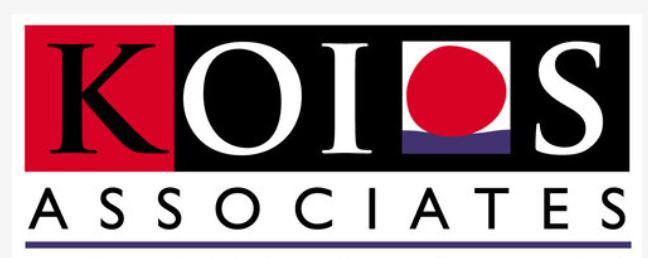Areas of Practice
Business environment Reform
Emerging economies often have difficult business environments. Regulations can be complex and their application arbitrary. Institutions lack capacity and transparency. We work with governments to improve policies and streamline regulations and bureaucratic procedures to create a more business-friendly environment. We help business associations engage with government to advocate for reform and we work with a wide range of stakeholders to prepare new investment and industrialization policies, laws, and regulations.
Improving the environment for business does not mean abandoning protection of the environment and workers’ rights and welfare. We engage with stakeholders from all segments of society to create better and more inclusive regulation of business activity to promote economic growth and distribute its benefits more equitably.
economic infrastructure
It can be hard for companies in emerging economies to get land for their projects, especially where there may be competing claims to land title. Establishment of special economic zones for industrial, agricultural, tourism, and other activities is often an effective way to reduce the time and risk required for investors to get unencumbered and serviced land. Such zones can also offer reliable utilities and transport links and fewer regulatory obstacles, as well as temporary exemptions from import taxes and duties. We advise governments on national economic zones development strategies and assist in drafting effective legislation and establishing and strengthening the institutions that regulate and manage economic zones.
On behalf of public and private sector clients we carry out feasibility studies and assist in raising finance for zone developments and structuring partnerships between private developers and government authorities.
investment and industrial policy
Governments in many countries enact investment and industrial policies to control and limit investment and industrial development, often in an effort to protect domestic producers from international competition or to direct investment into certain projects or locations. These policies may produce unintended consequences that stifle investment and innovation.
Good investment and industrial policies seek to build on a country’s existing competitive advantages to achieve economic diversification and increase domestic value addition. Linking domestic small and medium-sized companies with large foreign investors is a common pathway to success, but it requires a whole-of-government approach that incorporates education, technology and innovation, labor, and spatial and infrastructure development policies.
Drawing on best international practices, we have helped countries craft successful investment and industrial development policies and develop and strengthen the institutions needed for their successful implementation.
Investment and trade promotion
Investment agencies often act as gatekeepers rather than facilitators. With experience of investment promotion in more than 40 countries, we bring knowledge of global best practices and in-depth experience of institutional reform. We help these organizations treat both foreign and domestic investors as clients and to provide them with information, support, facilitation, and post-investment aftercare. We help them in design, procurement, and use of effective web sites and CRM systems.
Companies in emerging markets, especially small and medium enterprises, can find it hard to identify export opportunities, understand standards and requirements of export markets, provide the required quality and quantities, and meet delivery schedules. Working with export development and business support institutions, business associations, and individual companies, we help enterprises access export opportunities, get trade finance, and participate in multinational companies’ supply chains.
